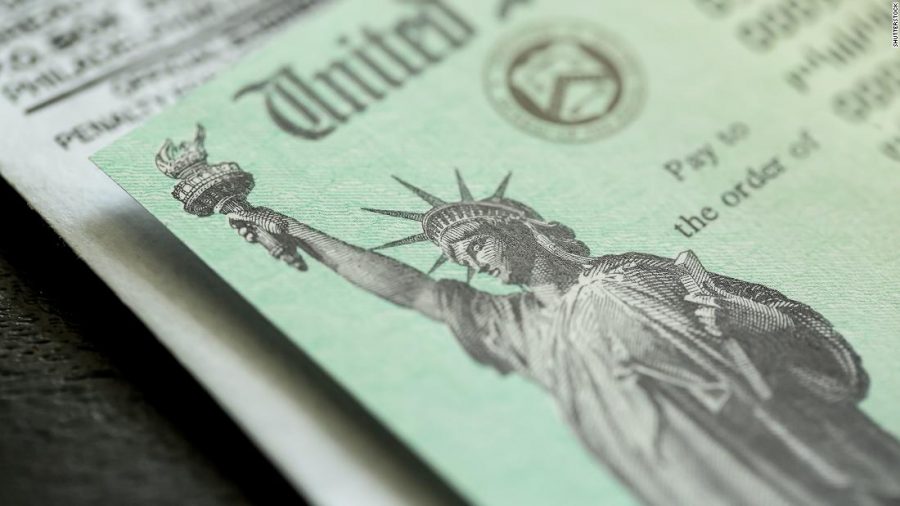Gig workers face more obstacles
February 25, 2021
“I see enormous pain in this country…a lot of folks going hungry…a lot of folks reaching the breaking point.” President Biden said as he addressed the nation, February 5th, regarding his American Rescue Plan.
So true are these words, yet the Senate went on recess and no stimulus agreement had been made. According to CBS by Friday, Feb. 26 the full House of Representatives will vote on its version of the relief bill, which includes the stimulus checks. After that, the bill would be sent to the Senate for consideration.
Millions of Americans are struggling to pay their bills and put food on their tables. This is no secret, however, gig economy workers face that reality and an enormous obstacle this coming tax season.
According to the IRS webpage: “You must file a tax return if you have net earnings from self-employment of $400 or more from gig work…If you do gig work as an independent contractor, you may have to pay estimated taxes.” What this means is that, as an independent contractor, you have to make sure to save thousands of dollars to pay your taxes every year and when a pandemic hits, that’s not always easy.
Independent contractors can be anything from musicians, Twitch streamers, app-based delivery drivers, your traditional electrician, and the list goes on.
Are self-employed individuals going to receive that $1,400 check? The law says that a single taxpayer earning up to $75,000 a year will get it and a married couple earning up to $150,000 will receive $2800, plus $1400 per dependent. The size of the check would shrink for those making slightly more with a hard cut-off at $100,000 for individuals and $200,000 for married couples.
So as long as you make $75,000 or less you will receive the full stimulus check regardless of if you are a gig economy worker.
McHenry County resident Tyler Rambuski-Salzman, who has been self-employed since he was 15 years old, says it is not easy being a freelance worker during a pandemic.
“I do marketing for different businesses”, Rambuski-Salzman said, “so the fact that people have less disposable income means marketing budgets have been reduced.” He went on in detail about how he lost about half of his income over the course of the pandemic since he wasn’t able to renew with some clients that were largely small businesses.
It is true that many Americans like Rambuski-Salzman are facing the simple fact that people can’t, or refuse to, spend money on things that they normally would have before the pandemic. Fortunately for freelance workers the CARES Act was passed in March 2020 and the second stimulus bill was updated to include dependents.
Rambuski-Salzman said the previous $600 stimulus check was not sufficient support. “The CARES Act didn’t go far enough in my opinion. There were a lot of people who were left out of relief even though universal programs could have addressed that issue.”
Gig economy workers make up 34 percent, or roughly “55 million people” of the United States workforce, according to a report done by the Bureau of Labor Statistics.
But, “huge companies like Uber have seen an 50 percent increase in freelancer sign-ups since the pandemic began” according to Alana Semuels in a Time Magazine article last May. So, while things like the music and performance industries have taken a massive hit during the pandemic, app-based delivery services have skyrocketed. This influx can make it difficult for people who were previously making a steady income in their area because of increased competition.
Hopefully in the future when the next inevitable disaster comes along, we will be more well prepared. The only problem with that is we have been through this many times before and we seem to keep making the same mistakes, so maybe it is time to rethink who our leaders are and where we are headed as a nation.

